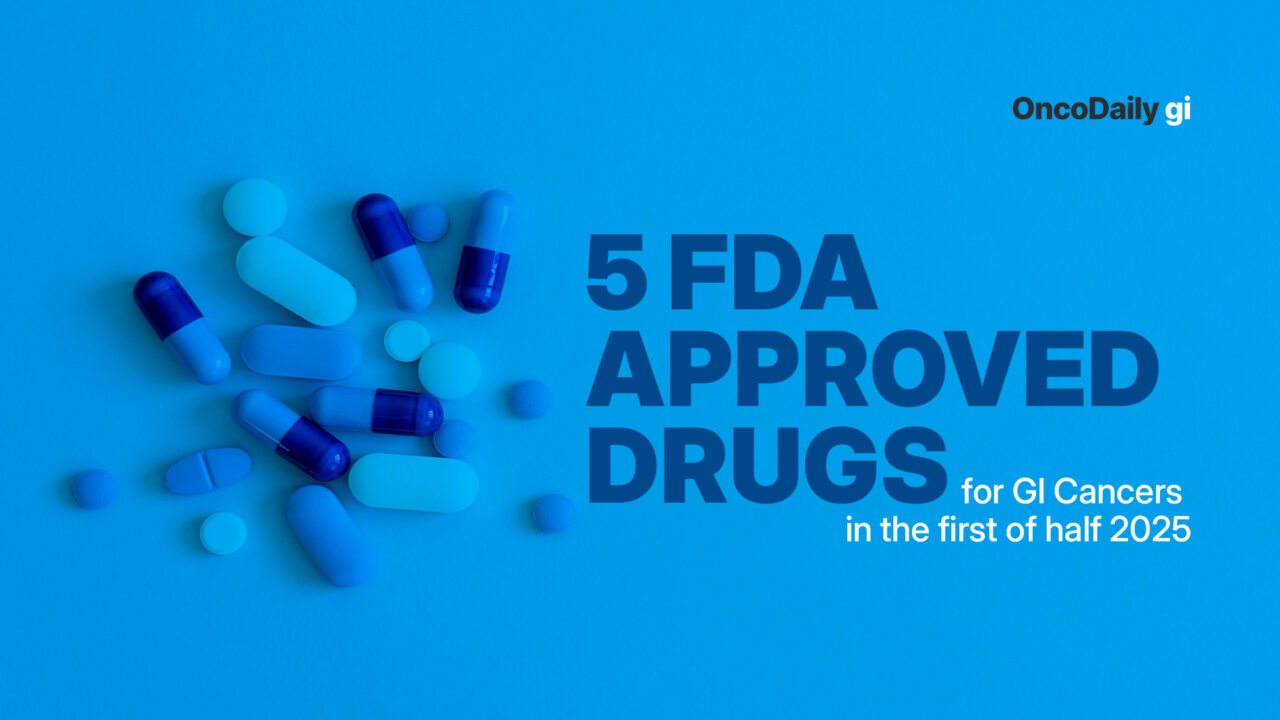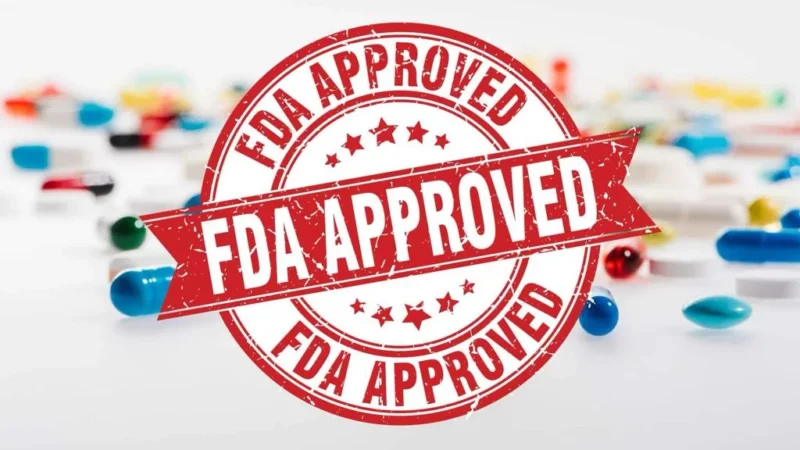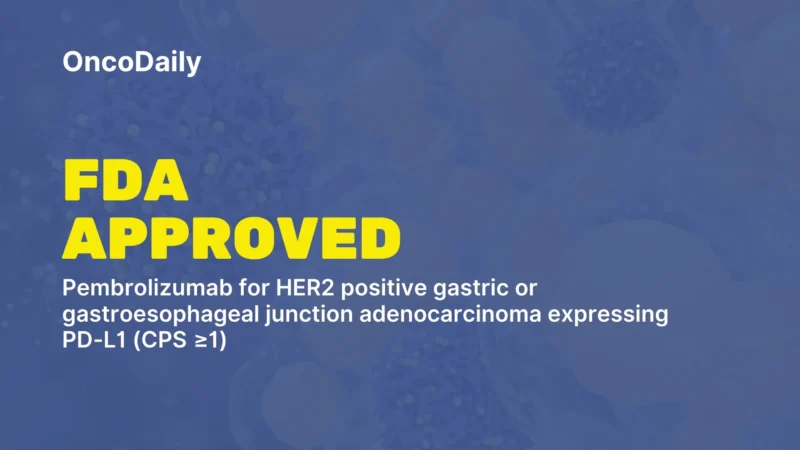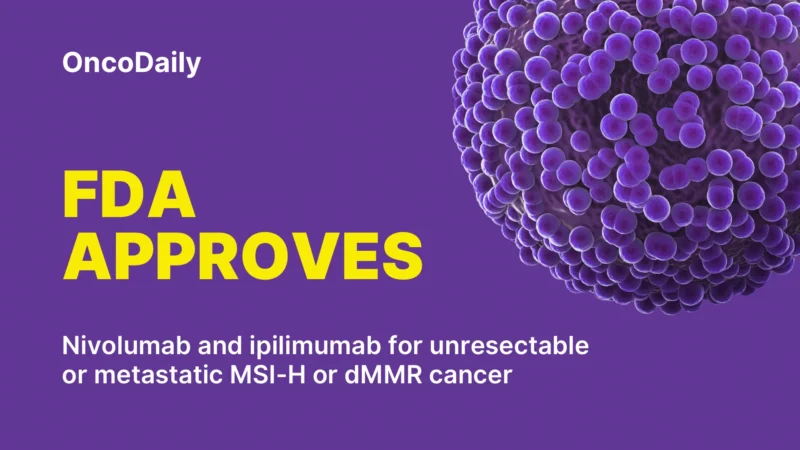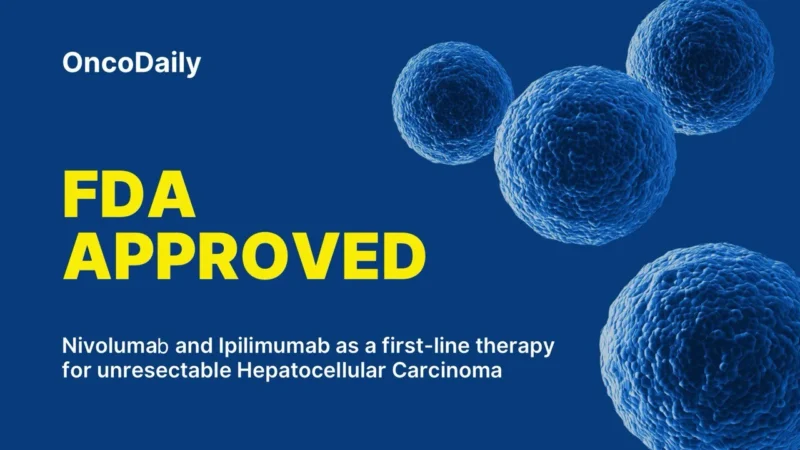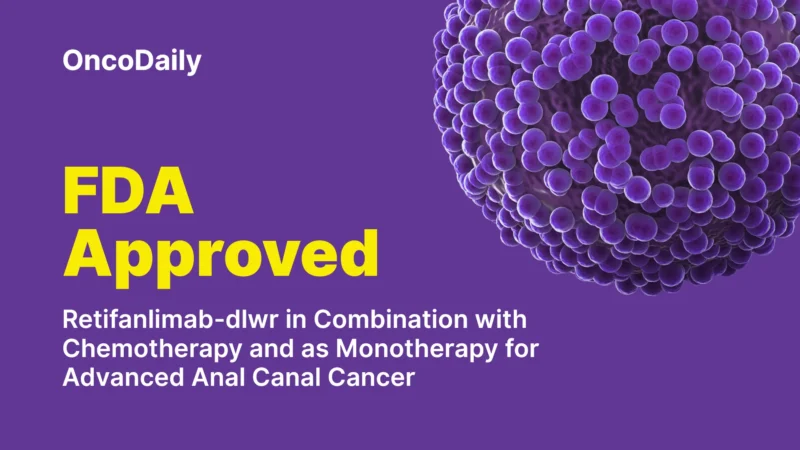The first half of 2025 has been a pivotal period in GI Oncology, as the Food and Drug Administration (FDA) granted a series of landmark approvals that are reshaping treatment paradigms across colorectal, gastric/GEJ, hepatocellular and anal cancers. These new indications reflect accelerating momentum in precision medicine, immunotherapy combinations and biomarker-driven strategies for GI Cancers.
For clinicians, researchers and patients alike, these advances bring both hope and new complexities in patient selection, sequencing and safety management. Below, we examine five major FDA approvals in GI oncology during this period: the agents, the trial data, and their implications in practice.
Sotorasib with Panitumumab for KRAS G12C-mutated metastatic colorectal cancer
On January 16, 2025, the FDA approved sotorasib in combination with panitumumab for adults with KRAS G12C-mutated metastatic colorectal cancer (mCRC) previously treated with fluoropyrimidine-, oxaliplatin-, and irinotecan-based chemotherapy.
The approval was based on the CodeBreaK 300 trial, a randomized phase III study comparing sotorasib + panitumumab with standard therapy (trifluridine/tipiracil or regorafenib).
The combination doubled median progression-free survival to 5.6 months vs 2 months with standard care (HR 0.48; p = 0.005) and achieved an overall response rate of 26 % compared with 0 % in the control arm. Median duration of response was 4.4 months.
Common side effects: Rash, diarrhea, stomatitis, and fatigue
This marks the first targeted regimen for KRAS G12C-mutated CRC, validating a strategy long considered “undruggable” and offering new hope for refractory patients.
Pembrolizumab for HER2-Positive, PD-L1 CPS ≥ 1 Gastric or GEJ Adenocarcinoma
On March 19, 2025, the FDA granted full approval to pembrolizumab in combination with trastuzumab and chemotherapy for adults with HER2-positive, PD-L1 CPS ≥ 1 locally advanced or metastatic gastric or gastroesophageal junction (GEJ) adenocarcinoma.
The decision was supported by the KEYNOTE-811 trial, which enrolled 698 patients, 85 % of whom had PD-L1 CPS ≥ 1 tumors.
Pembrolizumab + trastuzumab + chemotherapy led to a median overall survival of 20.1 months versus 15.7 months with placebo (HR 0.79) and a median PFS of 10.9 vs 7.3 months (HR 0.72).
The response rate reached 73 %, significantly higher than the 58 % achieved with the control regimen.
This approval establishes checkpoint inhibition as part of first-line HER2-positive gastric cancer therapy, combining HER2-targeted and PD-1-directed strategies for greater efficacy.
Nivolumab plus Ipilimumab for MSI-H or dMMR Colorectal Cancer
On April 8, 2025, the FDA approved nivolumab with ipilimumab (Yervoy) for adults and pediatric patients ≥ 12 years with unresectable or metastatic microsatellite instability-high (MSI-H) or mismatch-repair-deficient (dMMR) colorectal cancer.
The agency also converted nivolumab monotherapy from accelerated to full approval for this population.
The pivotal CheckMate-8HW trial compared nivolumab + ipilimumab versus chemotherapy in first-line MSI-H/dMMR CRC.
Median progression-free survival was not reached in the combination arm versus 5.8 months with chemotherapy (HR 0.21; p < 0.0001).
In a broader analysis including all treatment lines, dual therapy produced PFS not reached vs 39.3 months with nivolumab alone (HR 0.62; p = 0.0003) and an overall response rate of 71 % compared with 58 %. This approval reinforces dual checkpoint blockade as a cornerstone of care for MSI-H/dMMR colorectal cancer, offering deep and durable responses that exceed those seen with standard regimens.
Nivolumab plus Ipilimumab for Unresectable or Metastatic Hepatocellular Carcinoma
On April 11, 2025, the FDA approved the combination of nivolumab and ipilimumab for the first-line treatment of unresectable or metastatic hepatocellular carcinoma (HCC).
The CheckMate-9DW trial enrolled 668 patients with advanced HCC and no prior systemic therapy.
Nivolumab + ipilimumab achieved a median overall survival of 23.7 months, compared with 20.6 months for lenvatinib or sorafenib (HR 0.79; p < 0.018), and an overall response rate of 36 % versus 13 %. This review was conducted under Project Orbis, allowing concurrent evaluation by multiple international agencies.
The approval adds a new immune-checkpoint combination to the HCC landscape, providing a VEGF-independent first-line option for patients with good hepatic reserve (Child-Pugh A).
Retifanlimab with Chemotherapy and as Monotherapy for Anal Canal Carcinoma
On May 15, 2025, the FDA approved retifanlimab-dlwr (Zynyz, Incyte) with carboplatin and paclitaxel for adults with inoperable, locally recurrent, or metastatic squamous cell carcinoma of the anal canal (SCAC). It also approved retifanlimab as a single agent for platinum-refractory or intolerant disease.
In POD1UM-303/InterAACT 2, combination therapy improved median PFS to 9.3 months vs 7.4 months (HR 0.63; p = 0.0006) and produced a response rate of 56 % versus 44 %. The single-agent study POD1UM-202 reported a 14 % response rate and median DOR 9.5 months in previously treated patients.
The therapy, granted orphan drug, fast-track, and priority review status, represents a long-awaited advance in a rare and understudied GI malignancy, offering both first-line and salvage options for SCAC.


